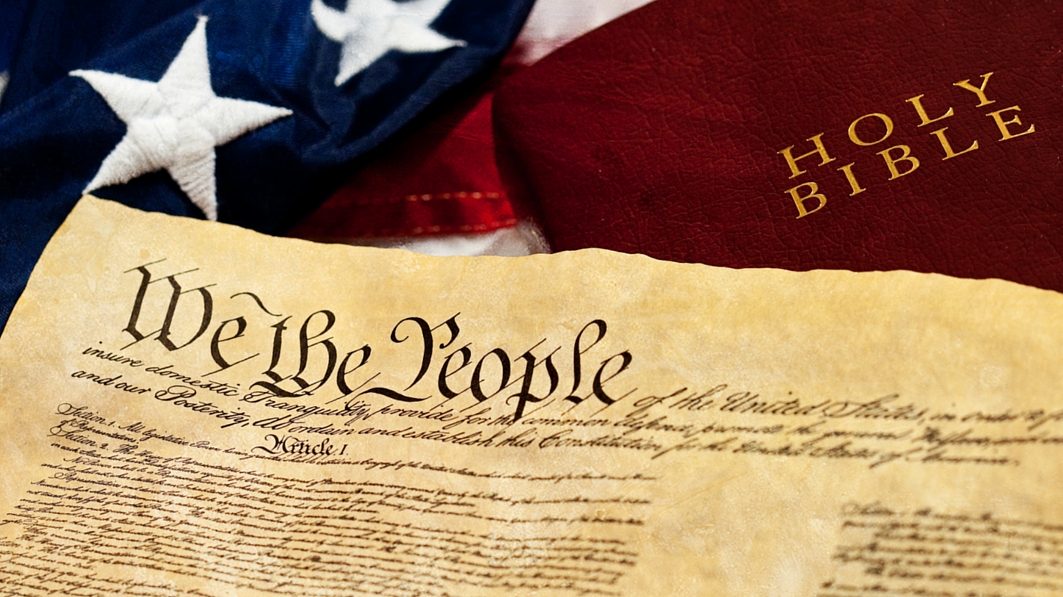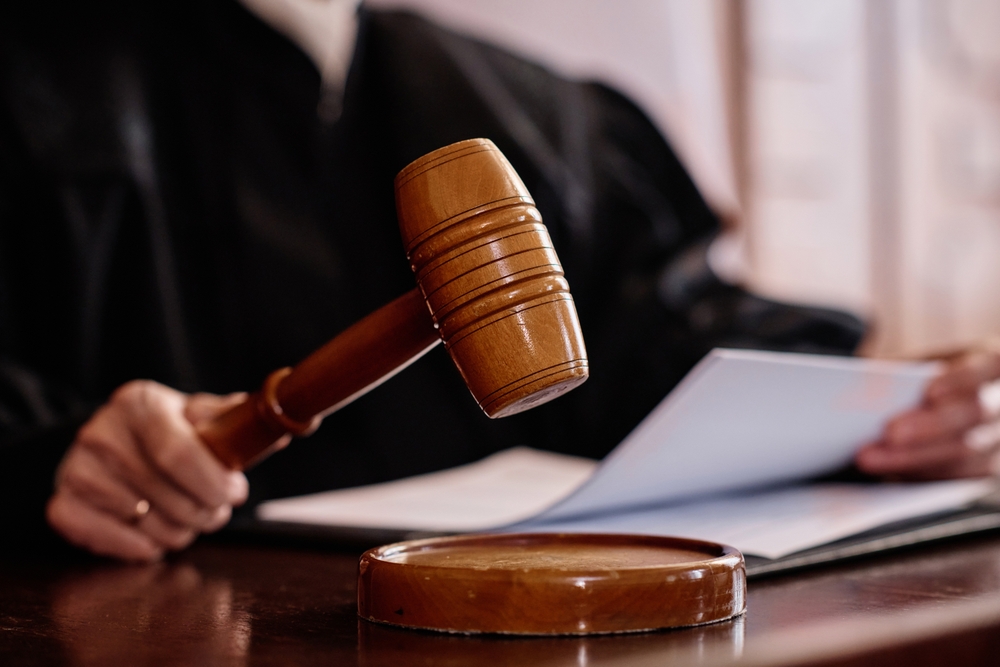What is Free Speech?

“Congress shall make no law…abridging the freedom of speech…” – First Amendment, U.S. Constitution.
The phrase “freedom of speech” is a familiar one to Americans, but often misunderstood. It is generally understood to mean “The right, guaranteed by the First Amendment to the U.S. Constitution, to express beliefs and ideas without unwarranted government restriction.”
Original understanding
So what did the Framers of the Constitution intend it to mean? Interestingly, the evidence from the First Congress in 1789 that drafted it is limited, according to one scholar. You have to go back many years before the Bill of Rights was drafted to even locate these quotes:
“Freedom of speech is a principal pillar of a free government: When this support is taken away, the constitution of a free society is dissolved, and tyranny is erected on its ruins.”— Benjamin Franklin, 1737
“If men are to be precluded from offering their sentiments on a matter, which may involve the most serious and alarming consequences that can invite the consideration of mankind, reason is of no use to us; the freedom of speech may be taken away, and dumb and silent we may be led, like sheep, to the slaughter.” – George Washington, 1783
Historical developments
Nevertheless, there is a recognizable history of the development of free speech over the centuries, and it may be that the First Congress was influenced by the British, and possibly even the French, experiences. The British obtained the right to “freedom of speech in Parliament” in 1689, and the French Revolution itself was based on the ideas contained in the 1789 “Declaration of the Rights of Man,” which, among things, provided for the freedom of speech.
The early American experience with freedom of speech was not particularly a shining example of virtue or a model to follow as to the meaning of the First Amendment. The short-lived Sedition Act of 1798, for example, was passed in anticipation of a coming war with France, and made it a crime to “print, utter, or publish…false, scandalous or malicious writings” against the government. The Sedition Act, however, was probably – in part – enacted by the opposition party to impair Thomas Jefferson’s election efforts in the 1800 election, and enforcement of the law ended after his election. So, free speech has long been a complicated topic
Exceptions to free speech
As with most constitutionally guaranteed rights, freedom of speech is not absolute. The more commonly enforced exceptions to free speech include the following:
- Libel/slander – This exception, at least in the American tradition, can be traced back to the writings of the English scholar Sir William Blackstone.
- Obscenity/child pornography
- Incitement to imminent lawless action, e.g., inciting a riot
- Fighting words – words so offensive, spoken to a person, that they tend to provoke an immediate breach of the peace, i.e., a fight.
- Commercial speech – still enjoys some free speech protection, but can be regulated to prevent things like false advertising
- Broadcasting – can be regulated somewhat to protect the public interest in what can be heard over the public airwaves.
- Education – Although students do not shed their constitutional rights at the schoolhouse gate, court decisions have allowed restrictions on speech that interferes with school discipline, or that deals with drugs, or school newspapers.
- Military – Certain constitutionally guaranteed rights must be limited in the military due to the need to uphold military readiness, morale, and unit cohesion.
Time, place and manner
Finally, although this is really not an “exception” to free speech, the U.S. Supreme Court has recognized that government may place reasonable restrictions on the “time, place and manner” of speech. However, this particular authority has been the source of constant litigation, as courts are forced to deal with governmental abuses of free speech rights on public college campuses and sidewalk counseling at abortion facilities, for example.
Many free speech conflicts
There is no question that freedom of speech is at risk in America. If fact, increasingly the concept of free speech is being misused to justify the opposite – preventing free speech – as in the idea that it is somehow “free speech” to drown out or even prevent someone else’s speech from occurring. We see evidence of this in news stories of protests, even riots, over speakers and speeches on a college campus, sometimes preventing the speech from occurring. More than 200 years after the First Amendment was ratified, we still seem to stagger from one court case to the next over someone’s “right” to speak in a particular context.
Cause for optimism
There is room for cautious optimism, however, whenever constitutionally conservative judges are appointed to the nation’s courts, and today numerous public interest law firms exist to assist Christians in vindicating their free speech rights.
ABOUT THE AUTHOR

Bruce Hausknecht, J.D., is an attorney who serves as Focus on the Family’s judicial analyst. He is responsible for research and analysis of legal and judicial issues related to Christians and the institution of the family, including First Amendment freedom of religion and free speech issues, judicial activism, marriage, homosexuality and pro-life matters. He also tracks legislation and laws affecting these issues. Prior to joining Focus in 2004, Hausknecht practiced law for 17 years in construction litigation and as an associate general counsel for a large ministry in Virginia. He was also an associate pastor at a church in Colorado Springs for seven years, primarily in worship music ministry. Hausknecht has provided legal analysis and commentary for top media outlets including CNN, ABC News, NBC News, CBS Radio, The New York Times, the Chicago Tribune, The Washington Post, The Washington Times, the Associated Press, the Los Angeles Times, The Wall Street Journal, the Boston Globe and BBC radio. He’s also a regular contributor to The Daily Citizen. He earned a bachelor’s degree in history from the University of Illinois and his J.D. from Northwestern University School of Law. Hausknecht has been married since 1981 and has three adult children, as well as three adorable grandkids. In his free time, Hausknecht loves getting creative with his camera and capturing stunning photographs of his adopted state of Colorado.
Related Posts

Sidewalk Evangelist Wins Right to Share Good News
October 31, 2025



